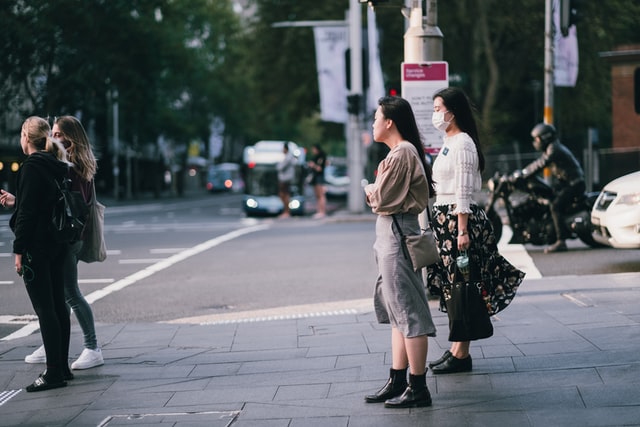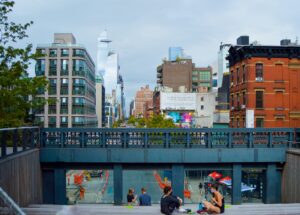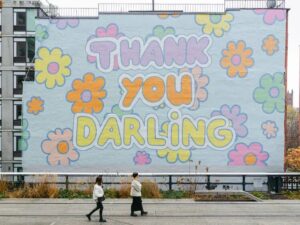In modern cities, our public spaces represent our shared values. They are our common assets, owned, maintained and used by all members of our society. The outbreak of coronavirus and its immediate impacts, such as social distancing, have raised many questions about the role of public space in such times.
Since the World Health Organisation declared the COVID-19 pandemic, countries had been forced to adopt social isolation measures very quickly. Australia has progressively increased enforceable social distancing measures. India’s nearly 1.4 billion people have been ordered not to leave their homes. In Europe, first Italy, then Spain, France, Belgium and the UK have entered periods of total lockdown. It’s happening closer to home in New Zealand.
While the economic impacts of the pandemic are becoming obvious, the influence upon public space still remains uncertain.
With businesses being forced to close and whole sectors urged to work from home, streetlife is grinding to a halt across the world. As fear of infection has increased, public transport use has plummeted.
Australia is among the increasing numbers of countries to close “non-essential” public space, including restaurants, cafes and cinemas. Around the world, major sporting events, music concerts and comedy festivals have all been cancelled. Any non-essential travel and meetings are being discouraged or banned.











More Stories
TULIP – Your place at the table / ADHOC architectes
Public Space Reader
Public Space: notes on why it matters, what we should know, and how to realize its potential